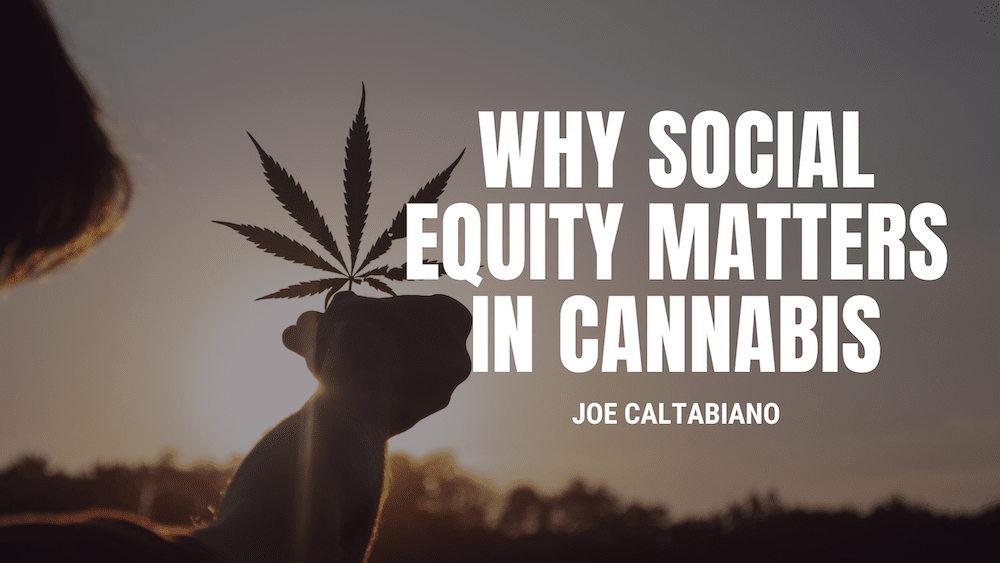Even as cannabis grows into a multibillion-dollar industry, marginalized communities affected disproportionately by the decades-long War on Drugs continue to suffer on an unlevel playing field. Draconian drug policies hardest hit these communities for decades, and now that cannabis is roundly legalized at both the medical and adult-use levels, it is only fair to put these communities at an advantage to share in the ongoing economic promise of the industry. Cannabis already is projected by many to be an $80 billion industry by 2030, which means it will be a market ripe for cornering. Protections based on social equity are pivotal to making the legalization of cannabis a cause for social liberty and a cause for social recompense.
The History
The 1970s-era “War on Drugs” became a war waged primarily against black Americans and other people of color even though cannabis use among White Americans was just as robust. Starting with President Nixon, this hardline stance on drugs in America tended to be a bipartisan conclusion until the election of President Obama in 2008. In this time, the enforcement of anti-drug laws has systematically devastated entire communities by subjecting people of color to more arrests and longer prison terms than what’s faced by other racial groups. And to make matters even worse for many black Americans, petty violations for possession of marijuana often were counted against defendants as a “strike” during the popularization of the 3 Strikes Theory. And after three strikes came Draconian sentences that often brought decades of incarceration for what were, in reality, a trio of low-level cannabis crimes. The 40+ years between 1971 and 2008 marked a time when cannabis was utilized effectively to segregate and discriminate against marginalized communities, and this is an undeniable reality that still has a dire fallout today.
The Impact
Despite today’s cannabis decriminalization across many states, law enforcement continues to target marginalized groups for cannabis prosecution. Usage rates are similar for most groups, but people of color still comprise the majority of drug-related incarcerations. These convictions can have long-reaching consequences. For example, in many legal states, drug crimes automatically disqualify a person from obtaining a cannabis dispensary license. This, of course, defeats the purpose of supporting those who have been unjustly sentenced for uncommonly strict cannabis laws.
And further, people of color are vastly underrepresented as workers in the cannabis industry, too. Marijuana Biz, a leading cannabis business publication, reported that only 4% of cannabis businesses owners in the US are black, while 81% are white. Denver’s Cannabis Business and Employment Opportunities study found that white people owned 74.6% of licensed cannabis businesses in the city. The study also found that black people comprise 10% of the population in Denver but only 5.9 % of cannabis industry employees.
Criminal Justice Reform and Social Equity
Social equity in cannabis can’t happen without criminal justice reform. If the legal system punishes drug offenses at disproportionate rates, marginalized groups cannot freely enjoy what the cannabis industry offers. Practices such as criminal record expungement and police reform are a few things that communities can do to show their commitment to social equity.
State regulators, dispensaries, and other cannabis businesses must do their part to ensure diversity and inclusivity at all levels of employment. Social equity training can help cannabis businesses stay committed to correcting injustice and imbalance.
When social equity becomes standard in the cannabis industry, it can help rebuild communities and foster economic opportunities for all. Fostering social equity is the right thing for the industry to do economically as it expands and tries to appeal to more consumers for their health and wellness needs and expectations. And, importantly, social equity is the right thing for the industry to focus on today in order to make things just for those who suffered disproportionately in the past.
